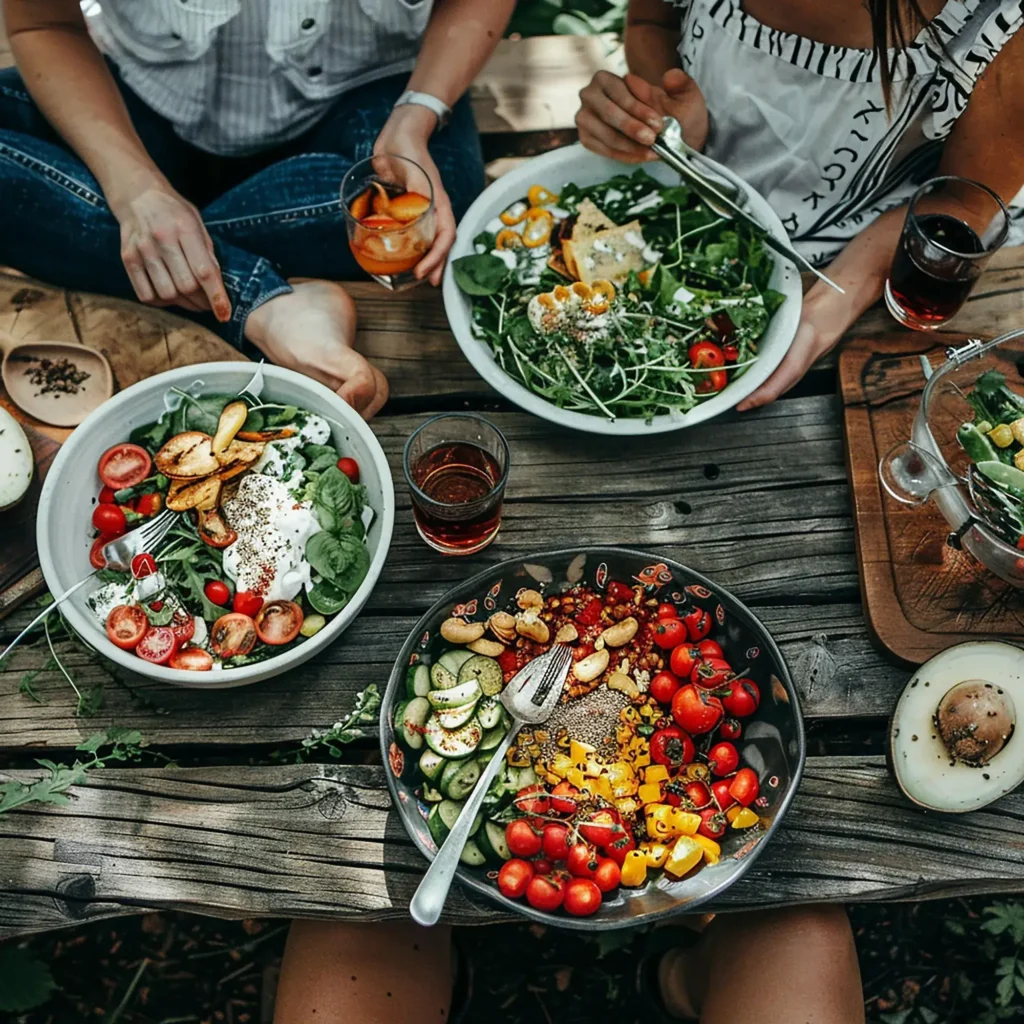Going out to eat can be enjoyable and a great way to socialise, but research has shown that it can also lead to overeating and unhealthy food habits. Eating out at restaurants, pubs, and cafes often leads to less healthy choices, whether it’s a work lunch or a night out with friends. Surprisingly, it’s possible to have a good time without overindulging. Here are some tips for healthy eating out while maintaining your health.
1. How frequently do you dine out?
If you’re going out to eat occasionally, it’s not a big deal for your health. Just savour the experience. But if it’s a regular thing, think about how it aligns with your overall eating habits. You might opt for a lighter dinner, such as soup or a sandwich, if you had a heavy meal earlier. Alternatively, you could pick the healthiest items on the menu to keep your meal in line with your usual diet, instead of always going for your go-to favourites.
2. Review the menu in advance
Feel free to request modifications to dishes. A great tip for making healthier choices while dining out is to review the menu beforehand, either online or in person. This way, you can select your meal without any outside influence. Numerous big restaurant chains provide nutritional details on their websites.
3. How many dishes are you planning to have?
It’s common to overindulge when dining out compared to eating at home. Sticking to just one dish can be challenging, when you see what others are ordering. Decide beforehand whether you’ll opt for a starter or dessert and choose which one you’ll be more comfortable skipping. Enjoying a coffee or tea while others have dessert is a nice way to end the meal, or you could consider sharing a dessert with someone else.
4. Customise your meals
Feel free to request modifications to your dishes at the restaurant. Swapping chips for a bowl of mashed or roast potato, salad, or veggies is typically not a big deal. You can also opt out of extra cheese, butter, or oil, and ask for sauces to be served on the side.


5. Keep an eye on your portions
Having a small salad can help you avoid overeating when dining out. Opt for a starter or a side of veggies instead of a full main course to prevent feeling too full.
6. Go for lean
Opt for dishes featuring lean proteins such as skinless chicken or turkey, or lean cuts of red meat like pork fillet or beef. Steer clear of fattier meat options like pork belly or ribeye steak, and trim off any visible fat such as the fat on a chop. Be cautious of breaded and deep-fried dishes – even if the main ingredients are lean (such as chicken, fish, tofu, or vegetables), the breading adds unnecessary fat and calories.
7. Include some veggies on your plate
Veggies are packed with essential nutrients and can help you reach your daily goal of five servings. Just watch out for veggies smothered in butter, cheese, or salt. Ask about healthier options next time you order.
8. Stay mindful of your drinking
It’s crucial to stick to the recommended alcohol limits, especially if you’re going to be socialising more often. Aim not to exceed 2-3 units a day for women and 3-4 for men. Also, keep in mind the extra calories that both alcoholic and non-alcoholic drinks can contribute. If possible, opt for sugar-free drinks or water, and mix them in between any alcoholic beverages you’re consuming.
Healthy eating out doesn’t have to be difficult. Cooking simple meals at home is key to a nutritious diet and saving money. So, keep it easy and fun in the kitchen.



